Open Source: What makes Raleigh driving unique? Is SVB surviving under First Citizens?
I’m Brian Gordon, tech reporter for The News & Observer, and this is Open Source, a weekly newsletter on business, labor and technology in North Carolina.
General Motor has suspended its self-driving car service Cruise. The decision came days after the California DMV revoked Cruise’s license to operate following several safety incidents.
But Cruise is continuing to make driver-led test rides in North Carolina as it prepares to possibly enter Charlotte and Raleigh. In August, it completed initial tests in Raleigh “as a first step in getting to know the city’s unique roadways and driving behaviors.”
This may be something Cruise says about all the cities it’s exploring, but it got me wondering: What is unique about Raleigh’s roadways and driving behaviors?
For answers, I went to a trusted source: veteran N&O transportation reporter Richard Stradling.
“Some (other cities) have nice clean grids,” he wrote. “We tend to have roads that bend and subdivisions with curvy streets. We can be hilly, too. Picture a driverless car on Wade Avenue coming into Raleigh. It’s a roller coaster. Traffic speeds up going down and slows going up. A driverless car that kept a constant speed would be a nuisance to other drivers.”
I also posed the question on a Raleigh community Facebook page.
“Driving in downtown can be hectic especially for those that are not familiar with the traffic patterns,” one person commented, noting the numerous one-way streets, crosswalks and two-lane roundabouts.
Another pointed out that “lots of roads change their names with no warning.”
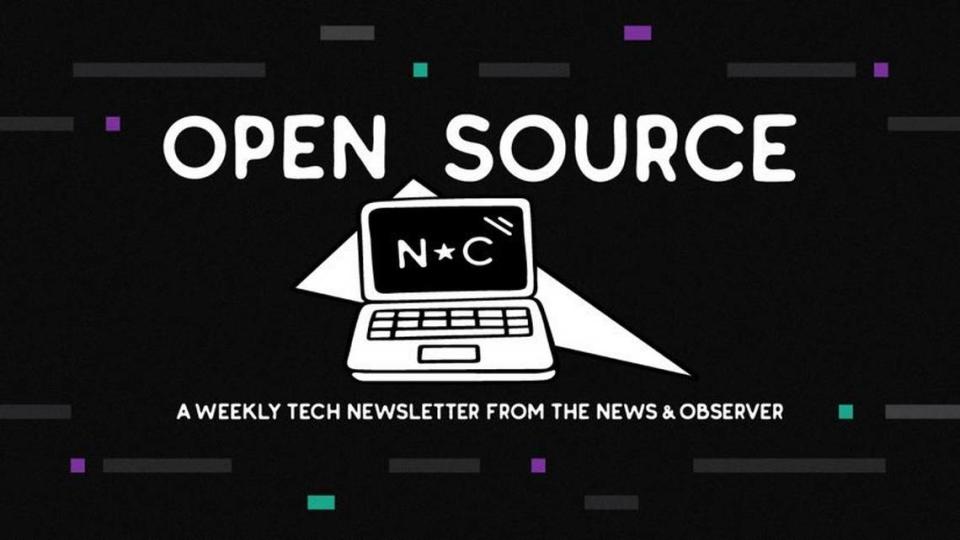
This might be confusing for human and robot drivers alike. Though at the moment, not knowing the right street name wouldn’t be Cruise’s only issue.
This feedback focused on Raleigh’s unique roadways. As for the behaviors of the city’s drivers? People on Reddit are all over that.
Onto the rest of this week’s news.
3,000 more jobs added to battery plant
Located southeast of Greensboro, Toyota’s under-construction lithium-ion plant already represented one of the state’s largest economic projects. On Tuesday, the company pledged another 3,000 jobs and $8 billion toward the site. Total investment in the facility will now reach $13.9 billion, and the number of new jobs overall is poised to hit 5,000.
While it’s all just promises for now, this heightened investment should further transform the Triad region. The greater commitment also frees up more state incentive money for Toyota.
Richard Stradling and I traveled to the Randolph County site this week and spoke to the head of Toyota’s battery operations in North Carolina. He explained why the automaker was ready to make this big NC project even bigger.
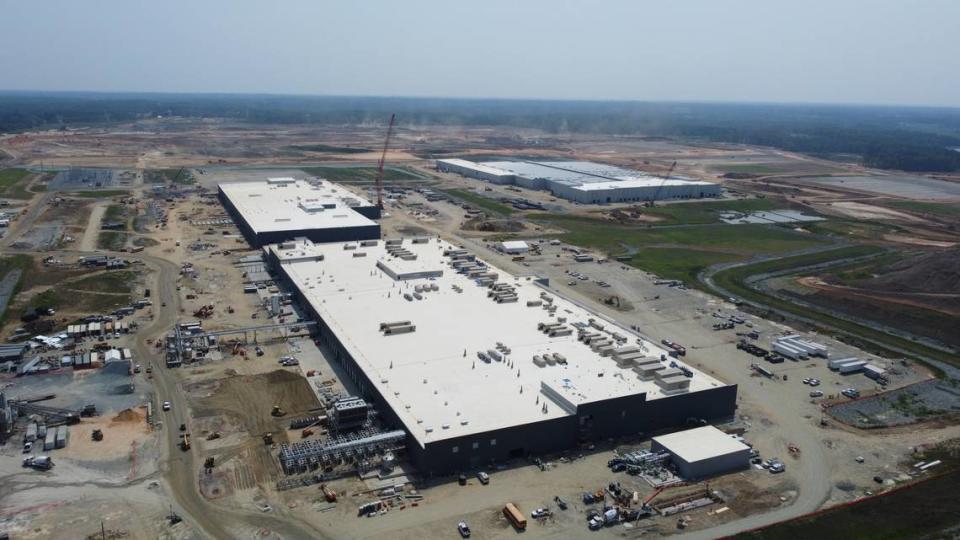
SVB still exists. And it seems to be doing well.
Entrepreneur Igor Jablokov used to advise startup founders make three calls before launching a company: one to their attorney, one to their accountant, and one to Silicon Valley Bank.
Before its infamous collapse, SVB was the go-to financial institution for tech startups. Then in March, a bank run sparked it to fail. Raleigh’s First Citizens Bank scooped up the pieces, loans and deposits.
The family-run First Citizens never before had catered to early-stage tech startups. Far from it.
So, seven months later, how is SVB doing within the Triangle-based bank? A recent earnings call gave clues. Jablokov and several other local startup leaders did, too.
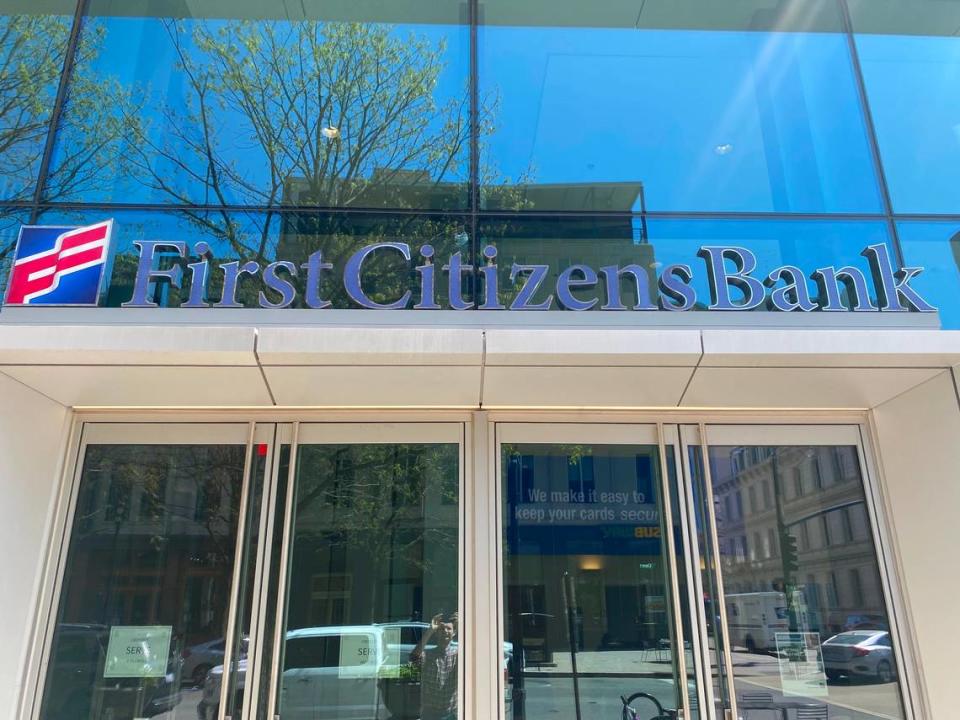
Pfizer to shutter its two Triangle facilities, leaves layoffs unclear
The drug maker has begun to lay off workers across the country in the midst of the company’s major cost cutting. Precipitating the reductions is lower-than-expected revenue from COVID-19 vaccines this year.
The cuts will include closing a pair of local facilities, in Durham and Morrisville. How many area workers will be affected is not yet clear. Pfizer has declined to share.
Under federal law, employers must file a WARN Notice 60 days ahead of closing a site that impacts at least 50 employees. Pfizer has not filed a notice of layoffs, according to the N.C. Department of Commerce website.
In addition to the closing Triangle facilities, Pfizer has larger manufacturing sites in Rocky Mount and Sanford. While they continue to operate, Pfizer has not clarified whether any workers at these plants will also be let go.

Red Hat code controversy explained
In June, Raleigh software giant Red Hat kicked up a controversy when it announced a move to limit the source code of its flagship enterprise package to only paying customers.
Now in almost any other industry, no one would think twice if a company no longer gave something away for free. But in the distinct open source community, Red Hat’s move stirred broader concerns about the free information that underpins the software ecosystem.
Some blamed IBM, which purchased Red Hat in 2019. I asked Red Hat vice president Mike McGrath what prompted the source code switch. He mentioned layoffs and fairness, and denied IBM influence.

Short Stuff: Epic Games takes on Google, Wolfspeed readies new factory
Cary-based Epic Games is preparing to start its antitrust trial with Google. The trial is scheduled to begin Monday in Northern California. Its similar in many ways to Epic’s ongoing legal fight with Apple, though there are some differences. One being that the Google case might be decided by a jury instead of a judge.
Wolfspeed gave a timeline on when it plans to begin production at its semiconductor chips plant in western Chatham County. The Durham-based company says its already hired more than 100 people at the site.
VinFast is exploring bringing a sub-$20,000 electric vehicle to the U.S. Breaking into the American car market will be key to the future of the company’s future prospects in eastern Chatham County.
As someone who writes about startups a lot, it stuck me that I didn’t exactly know what the word meant. When does a startup stop being a startup? I asked several Triangle area stakeholders. No two answers were the same.
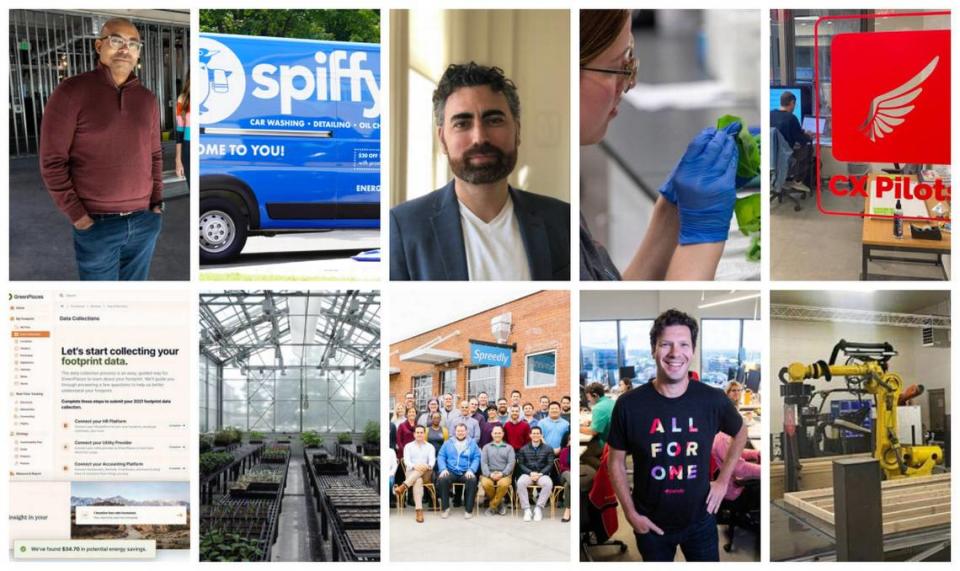
National Tech Happenings
President Joe Biden signed an executive order designed to curtail threats associated with artificial intelligence — including weapons production and election misinformation.
United Auto Workers are poised to end their strike with U.S. automakers after reaching a tentative deal many call a big win for labor.
You shouldn’t charge your phone overnight reports Wired, which breaks down several battery facts and myths.
Thanks for reading!
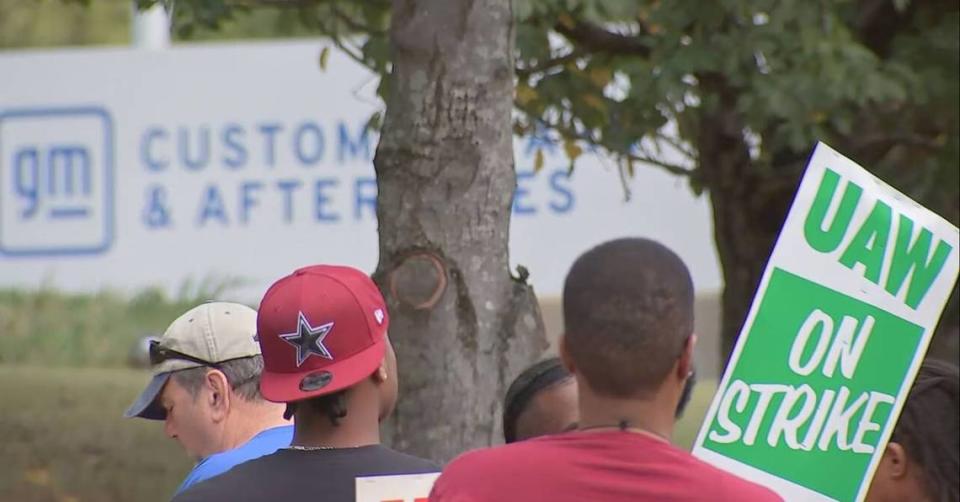
Open Source
Do you enjoy Triangle tech news? Subscribe to Open Source, The News & Observer's weekly technology newsletter and look for it in your inbox every Friday morning. Sign up here.

